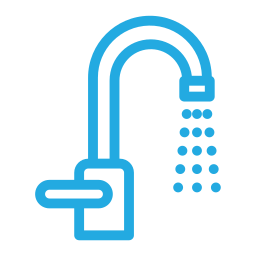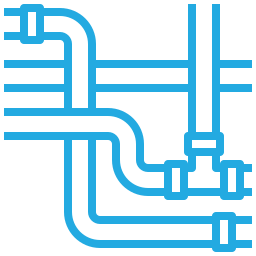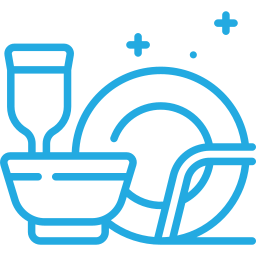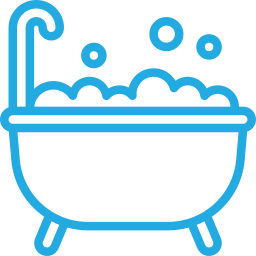Can I soften my water without having a water softener?
Short story | Full story | Conclusion
Even though water softeners provide the best overall solution to the problem of hard water, if you want softened water in your home, there are alternative tactics you can use.
Boiling water removes hard water-causing magnesium and calcium minerals, as well as nasty contaminants in the main supply, such as chlorine and lead. Once boiled and cooled, you can pour the remaining water into another container, ensuring it retains its purity and softness.
To keep your hair and skin soft and smooth, an ion exchange showerhead filter will keep hard water at bay. Alternatively, add a touch of apple cider vinegar to shampoo and always use good quality moisturisers to prevent dry skin.
Set dishwashers and washing machines on cooler settings. This will help avoid water-stained dishes and glasses. Laundry, too, won’t look faded and feel crusty to the touch. Conditioners are also effective at combatting the effects of hard water.
And if you don’t like the taste of the hard water flowing from your taps, keep a ready supply of bottled water. A drinking water filter attached to the kitchen would also be a smart option.
Short cuts to softened water:
- Boiling; adding chemicals; introducing filters
- Fit an ion exchange showerhead
- Add apple cider vinegar to your shampoo
- Drink bottled water (if you don’t like the taste of tap water)
- Water softeners still offer the best hard-water defeating solution
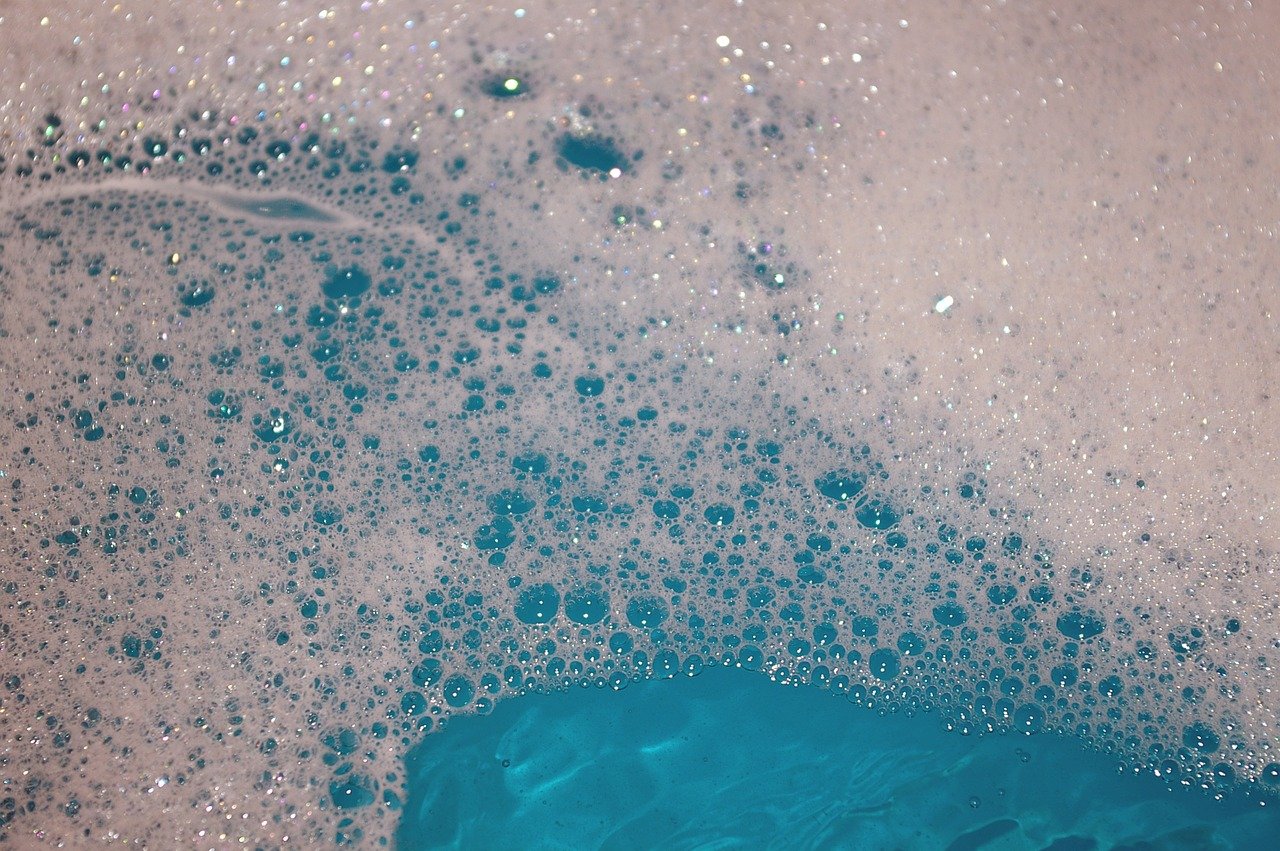
The full story
If you are considering the best options for introducing soft water into your home – without installing a water softener – there are ways to go about this.
Hard water can be softened in various ways – either through boiling the water before use, adding chemicals, or introducing filters.
Each of these processes will remove the magnesium and calcium minerals that make the water hard, as well as reducing the effects of contaminants like chlorine and lead which are present in the mains water supply. And whilst none of these elements are harmful and it is quite possible to run your life around hard water, it will certainly leave its mark! It can be a constant blight on kitchen and bathroom surfaces, the limescale that precipitates from hard water can seriously downgrade household appliances, central heating boilers and also have a detrimental impact on your skin and hair.
If you are familiar with hard water, you are more than likely to have encountered all or some of these issues!
If you want to avoid using hard water wherever possible, there are a few quick fixes you can adopt to ensure the water you use in the home is softer and less abrasive than it would normally be when flowing out of the tap.
Tips for softening water for the kitchen
Boiling water is certainly one of the most effective ways to soften it. The boiling will have the effect of draining the hard water minerals to the bottom, like calcium and magnesium. If you regularly use a kettle for making cups of tea or for cooking, over time you will certainly see how these minerals gather in the form of white furring on the kettle element.
Once boiled and cooled, you can pour the remaining water into another container so that it retains its purity and softness. This can be used for all manner of applications, including cooking. Indeed, the softer the water you can use for washing and cooking vegetables the better. Hard water can make vegetables tough. Soft water helps retain the freshness, colour and texture of food.
For drinking and general use, you can also use bottled water instead of tap water. This isn’t necessarily as easy as it sounds, however, given that you could be using several hundred litres of water a day. So, this could require buying a lot of bottles! And if they contain plastic, this could also have a negative impact on the environment.
As an alternative to bottled water, you could invest in a water filter, either one that is attached to a kitchen tap or for use in a separate jug. Filtering water can also improve the taste of the water you drink.
Introducing softened water in the bathroom
Where hard water is present, even though it’s great to luxuriate in the bath, for the practicalities of washing and bathing, standing under a shower will have a less detrimental effect on your skin and hair. You could also fit an ion exchange shower head filter. This will have the benefit of removing contaminants like chlorine and lead from the water.
Before washing your hair in shampoo, you can add a touch of apple cider vinegar to the shampoo. This can reduce the amount of hard water calcium and magnesium ions getting into your hair, making it feel softer to the touch.
Make sure you use plenty of good quality moisturisers after washing. This will help prevent skin from drying, which can often result from constant exposure to hard water.
Soft water suggestions for household appliances and cleaning surfaces
If you have a dishwasher, try to avoid setting it on high temperatures. With cooler washes you will find that, as the dishes dry, they won’t be left with water stains on them.
The same goes for the washing machine. The cooler the wash the less the hard water will wash the life out of your clothes. They won’t look so faded, wrinkled and starchy feeling – and they will probably be wearable for longer. Conditioners will also help offset the effects of hard water.
And, returning to the subject of apple cider vinegar, for cleaning purposes this can be very effective at removing unsightly marks on sinks, baths, floors and other surfaces.
Conclusion
The suggestions here may appeal to your creative nature, but every one of these solutions could be either described as being fiddly or time-consuming. If you have the time to spare, or are on a limited budget, then we would certainly suggest there is merit in any or all these ideas. But for a comprehensive solution to cover all aspects of water use in the home, a water softener is really the only (and ideal) long-term solution.
Of course, any opportunity you get to use soft water rather than hard water has to be a good thing. It’s really down to personal choice as to the best way to go about this – one that best suits your budget and lifestyle.
If you have any concerns about the effects of hard water on your household, we can provide tailor-made solutions to suit your lifestyle and budget. Scott Jenkins Water Softeners are one of the leading water softener companies in the south of England – with coverage across West and East Sussex, Surrey, Hampshire and Dorset. For all installation and maintenance enquiries about water softener products, filters and accessories, contact SJ Water Softeners on 01243 607494 or email: scott@sjbs.info



